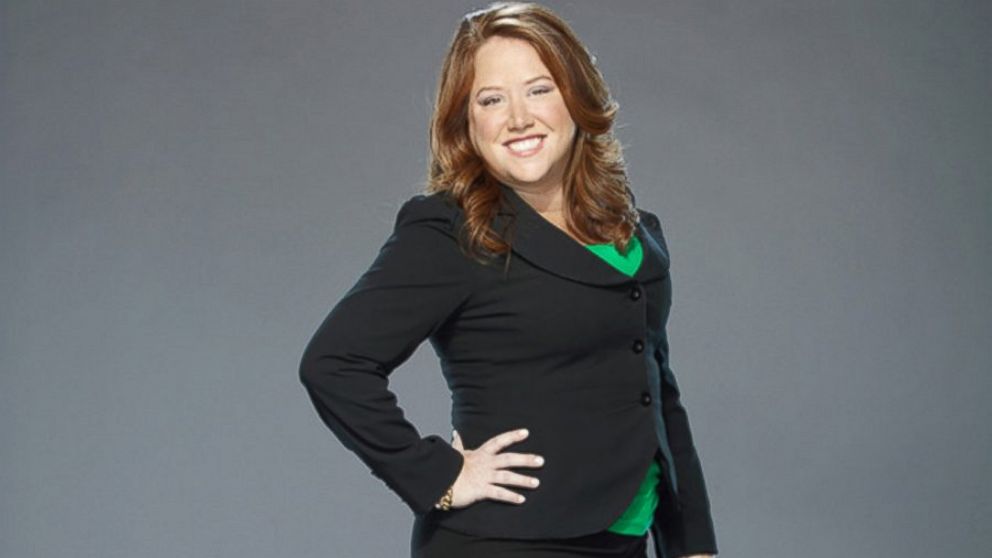Preventive Mastectomy a Difficult Choice
Women at risk for breast cancer weigh the benefits and risks of surgery.

Oct. 16, 2013— -- HGTV star Meg Caswell, 36, has lived under the specter of breast cancer for as long as she can remember.
"My grandmother survived four bouts before succumbing to it, and my mom was diagnosed and treated when I was in college," says the Chicago interior designer.
In 2008, her first cousin Candy learned she had breast cancer, at age 43.
"Candy recommended that everyone in her extended family get tested—and I found out I carried the BRCA1 gene mutation, which put me at high risk of breast and ovarian cancer," she says.
In fact, of the 20 family members tested, one of Candy's uncles and one aunt (Meg's mom) were carriers; so were half their kids.
"It really scared me," Caswell says. "I wasn't sure what was in store for me." Still, at age 27, she wasn't ready to do anything with the news.
Then, in 2012, Candy passed away.
"I remember seeing her husband and two kids at the funeral and how devastated they were," Caswell says. "I was newly married, and I realized I couldn't start a family until I did everything I could to avoid breast cancer."
22 Ways to Help a Friend With Breast Cancer
That meant giving serious consideration to having her breasts removed. She met with an oncologist—the same one who had treated her grandmother and mother—and asked "a zillion" questions.
"I was worried about how difficult recovery would be and what my body would look like," Caswell says. "And I was disappointed I wouldn't be able to breast-feed afterward."
She weighed the pros and cons and in January had a double mastectomy and reconstruction—the procedure that Angelina Jolie recently underwent. (Caswell also plans to have her ovaries removed.)
"I never really considered taking tamoxifen or just getting screened regularly," she says. "I felt like I still might get cancer that way."
What It's Like to Get Breast Reconstruction
As she had feared, the recovery wasn't easy.
"At first you need someone to help you do everything," she says. "I quickly became more independent, but my strength didn't fully return for more than seven months."
Moreover, she's still struggling emotionally with the lack of sensation in her breasts.
"It's not the most glamorous thing," Caswell says. "But I'm glad I made the choice. My risk of breast cancer was 80 percent, and now it's all but eliminated. I feel like I've bought back my future."
This article originally appeared on Health.com.




